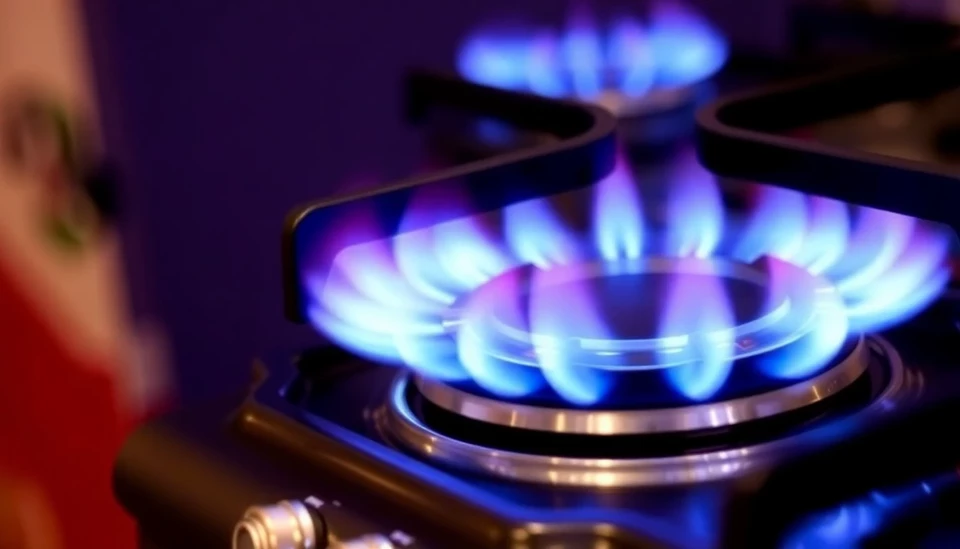
Recent research has revealed a startling correlation between gas stove usage and premature mortality rates in Europe, estimating that approximately 40,000 premature deaths each year are linked to the harmful emissions produced by these appliances. The study highlights a significant public health concern, raising awareness about the potential dangers of gas stoves largely used in homes across the continent.
The research focused primarily on nitrous oxides and other harmful pollutants emitted from gas stoves, which can exacerbate respiratory issues and contribute to serious health problems. Scientists have long pointed to the adverse effects of indoor air pollution, and the findings from this study provide robust evidence that gas stoves may pose a grave risk to health, particularly for vulnerable populations, including children and the elderly.
According to the report, the pollutants released from gas stoves are linked to serious illnesses such as asthma, chronic obstructive pulmonary disease (COPD), and other respiratory conditions. The emissions are especially problematic in densely populated urban areas where many households still rely heavily on gas for cooking. As a result, these regions are experiencing higher incidences of health complaints directly related to gas stove usage.
This breakthrough research calls for immediate policy implications and actions to mitigate the health risks associated with gas stoves. Health advocates are urging both governmental bodies and the general public to reconsider the use of gas stoves, suggesting alternative energy-efficient technologies that can minimize the risks posed by indoor air pollutants. Electric stoves, induction cooktops, and other emission-free cooking technologies are being promoted as safer options for households looking to protect their health and the environment.
The findings resonate with recent discussions in various European countries about transitioning to cleaner energy sources. With many nations already setting ambitious targets to reduce carbon emissions, the study adds urgency to phasing out outdated and harmful cooking methods that are detrimental to public health.
As awareness continues to grow, communities will need to engage in meaningful conversations about the practicality and feasibility of switching to non-gas alternatives. This may include incentives for households to adopt new technologies, as well as educational campaigns to inform residents about the risks associated with gas stoves and how they can protect their health.
In summary, this new research underscores the significant health risks associated with gas stoves, estimating they contribute to a staggering 40,000 premature deaths annually in Europe. The study is a call to action for individuals, policymakers, and the health community to rethink gas usage in kitchens and move toward cleaner, safer cooking solutions for the betterment of public health.
As this conversation unfolds across Europe, the hope is that awareness will lead to actionable change aimed at improving air quality and overall health outcomes for millions of people.
#GasStoves #PublicHealth #IndoorAirQuality #EnvironmentalHealth #CleanEnergy #HealthAwareness #CookSafe #EuropeHealth
Author: Megan Clarke
